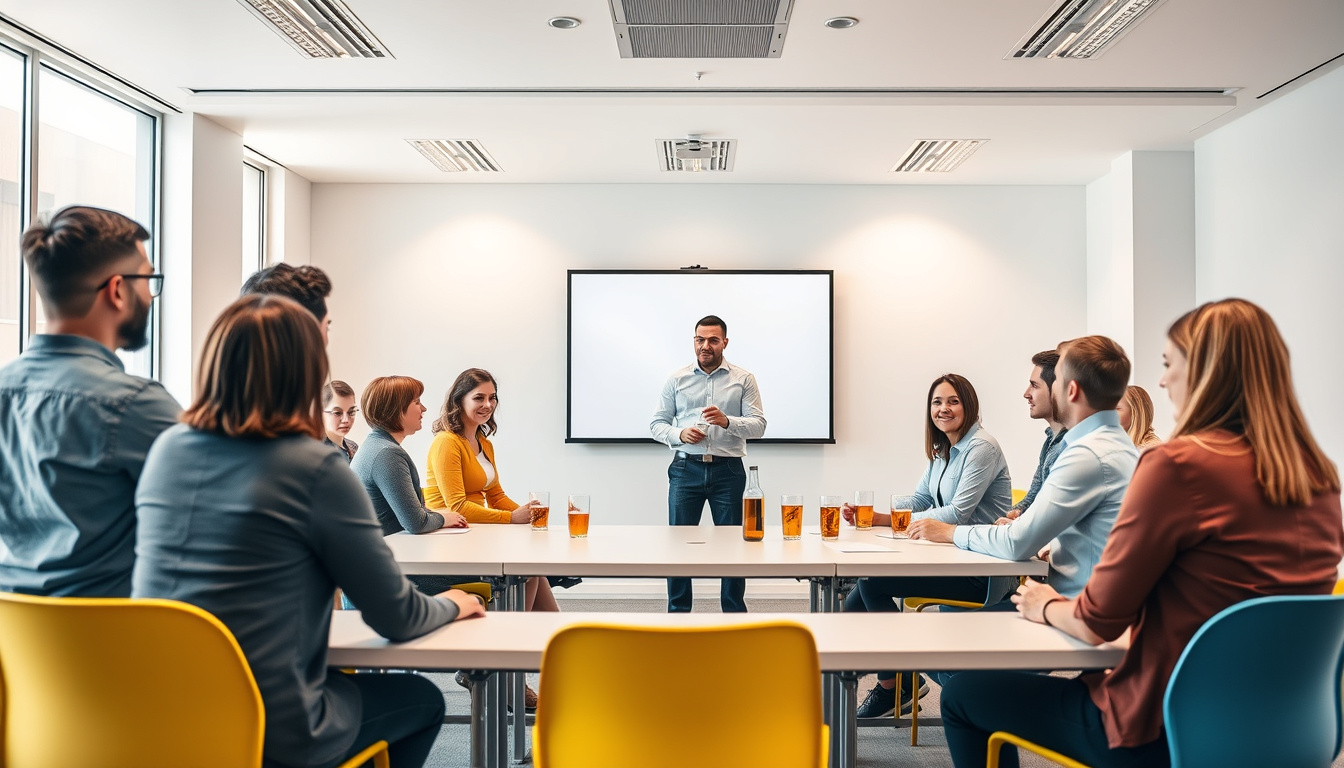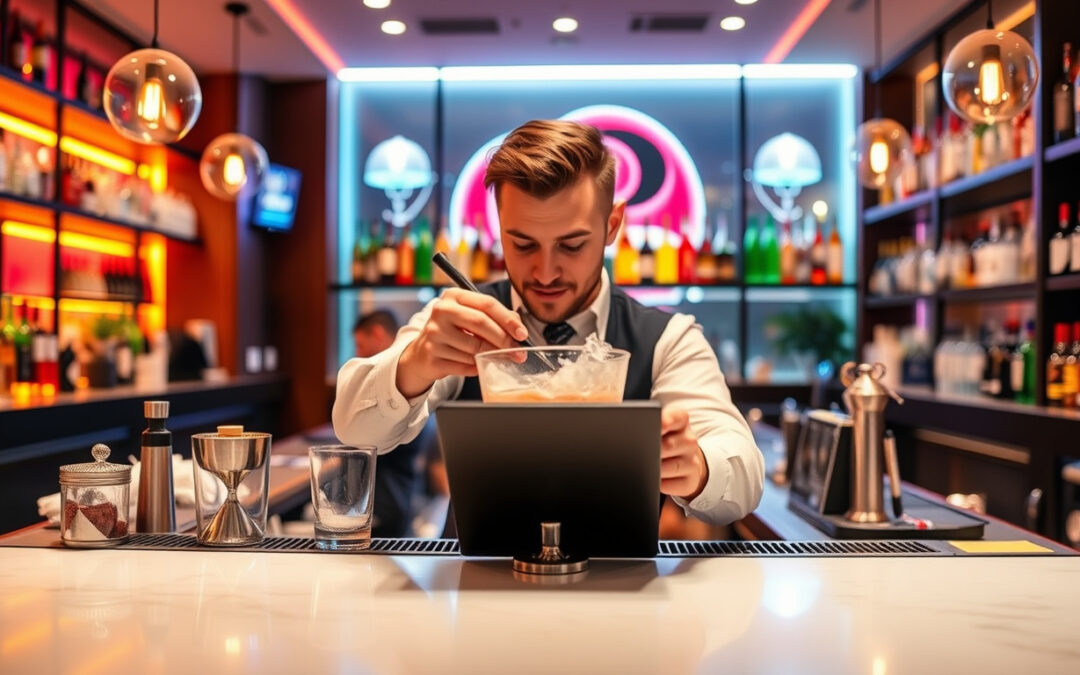In the hospitality and retail industries, responsible beverage sales training is a key part of keeping legal compliance and customer safety intact. If you manage a bar, restaurant, or liquor store, proper training helps your staff learn to serve alcohol responsibly. They learn to spot intoxication signs and to refuse service to underage patrons. This article shows key strategies that let businesses create safer spaces and avoid costly problems.
Why Responsible Beverage Sales Training Matters
Responsible beverage sales training goes beyond a legal rule. It builds a clear link to public safety and ethical choices. Alcohol misuse leads to accidents, legal troubles, and a stained business reputation. Training gives employees the skill and clear steps to:
- Identify patrons who are underage and refuse a sale
- Notice signs when a customer is intoxicated and act with care
- Follow legal rules and understand the penalties for breaking them
- Build a workplace that values safe alcohol use
Good training cuts down on alcohol-related mishaps and builds trust with customers and the community.
Key Components of Responsible Beverage Sales Training
A strong training program covers topics that let employees handle real-life scenes. Here are the main points:
1. Understanding Legal Regulations
Employees need to learn the law for alcohol sales in their area. They should know the minimum drinking age, the legal hours to sell, and the rule that bans sales to visibly intoxicated people. Laws change often, so sessions must update regularly.
2. Checking Identification
Checking IDs is a key step in responsible sales. Training shows how to spot fake IDs and use the right steps for checking. Employees gain the confidence to refuse a sale if the age cannot be confirmed.
3. Recognizing Signs of Intoxication
Staff need clear cues to see if a customer is intoxicated. Signs include slurred speech, poor balance, or aggressive moves. Training gives them simple steps to calm the situation—like offering water, calling a ride, or asking a manager for help.

4. Handling Difficult Situations
Employees must deal with upset customers with calm and clear words. Role-play exercises help them practice these simple skills and secure a safe outcome.
Best Practices for Implementing Training Programs
Training must be a steady part of your business, not just a one-off event. Try these best practices to make your training work better:
1. Make Training Mandatory for All Staff
Every worker who meets customers or handles alcohol should do the training before their first shift. This rule covers servers, bartenders, and cashiers.
2. Use Interactive Learning Methods
Mix videos, quizzes, and role-play to keep training active and clear. Interactive lessons help ideas stick better than long lectures.
3. Provide Regular Refresher Sessions
Regular sessions keep staff aware of new laws and help sharpen skills. This routine keeps service standards high.
4. Monitor and Evaluate Staff Performance
Supervisors should watch how staff act with customers and give simple, clear feedback. By tracking events and rule-following, you can spot the need for more training soon.
Utilizing Technology in Responsible Beverage Sales Training
Digital tools now make training easier and more flexible. With online courses, mobile apps, and certificate programs, businesses can train staff anywhere and anytime. These tools update legal points fast and track when training finishes. The National Restaurant Association says that using technology can boost memory retention and keep standards the same across all outlets.
Checklist: How to Launch a Responsible Beverage Sales Training Program
Starting a training program can seem hard. Follow this checklist to keep the steps clear:
- Look at your current training and legal needs.
- Choose or build a training plan that covers key topics.
- Pick delivery methods (in-person, online, or a mix).
- Set up initial sessions for all key staff.
- Decide how you will check training completion and give certificates.
- Plan regular update courses.
- Watch staff performance and fix gaps fast.
- Get feedback to improve the training further.
Frequently Asked Questions (FAQs)
Q1: What is responsible beverage sales training?
A1: It is a course that teaches staff the legal parts of selling alcohol. It shows how to spot intoxication, check IDs, and guide safe drinking methods.
Q2: How often should this training happen?
A2: Training starts before the employee serves alcohol. Then, it must repeat every 6 to 12 months or after any law change.
Q3: Can this training lower legal risks?
A3: Yes. Good training stops illegal sales, lowers accident risks, and helps protect the business from fines by keeping employees compliant.
Responsible beverage sales training is a smart investment in your business’s legal and ethical strength. With clear strategies and steady learning, you create a safer place for customers and staff alike. With proper steps, your team can confidently manage alcohol sales and make a positive impact in your community.


